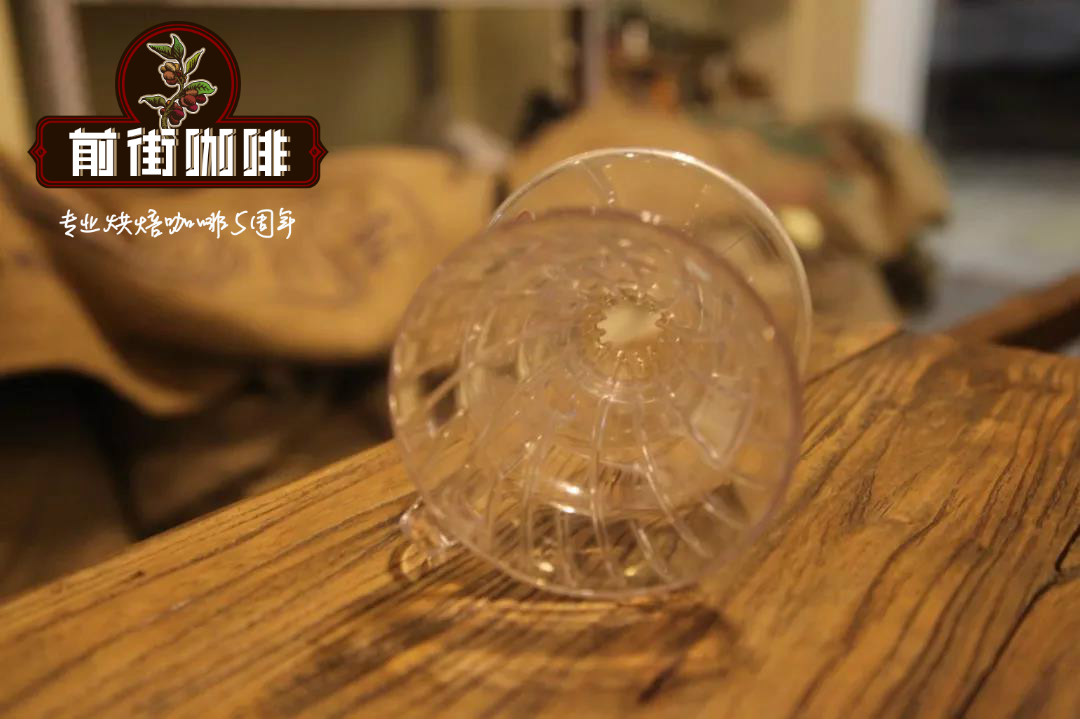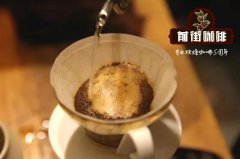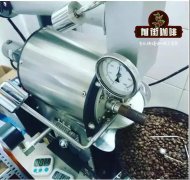Comparison of flavor characteristics of Kenyan Sika coffee beans by manor processing plant in Kenya Sika producing area

Professional coffee knowledge exchange more coffee bean information please follow the coffee workshop (Wechat official account cafe_style)
Kenya Sikamu Gaga Cooperative Honey processing Factory AA TOP
(Kenya Thika Asali Mugaga Cooperative)
Treatment method: washing method
Baking degree: baking in shallow
Flavor description: you can feel the mellow feeling of considerable weight at the entrance, with obvious BlackBerry tonality as a whole, raising beans for about ten days, with aromas of walnut, spice and blackcurrant, and roughly sour flavors of passion fruit and kumquat. BlackBerry, Hawthorn and orange rich fruit tone, mellow feeling quite thick and full! The whole is like tasting German fruit tea with rich layers.
The words of the ► bean baker
The Kenya of this honey farm has dark berry notes and rich fruit flavor, which is close to the public's established impression of Kenya. In order to distinguish it from the Kenya beans from another kii processing plant on the shelf, we will slightly extend the baking time and retain its fruity flavor while adding an aftertaste to allow the juicy coffee to stay in the mouth for longer.
It is recommended to cook at a water temperature of 90-92 degrees. In order to avoid bitterness, the upper limit of boiling or soaking time is 3 minutes.
Introduction to Sika, Kenya, the country of ►
Kenya's coffee industry started later than Ethiopia. It was planted in the 19th century, but it was stagnated because of political instability. However, Kenya's unique altitude (1600-2100 m), latitude (within 10 degrees of north and south latitude), volcanic geology and unique varieties of SL28 and SL34 still make Kenya a place in the coffee industry, and the special small farmer planting culture also makes Kenya unique. Superb Kenyan-style washed coffee also plays an important role, making it the second largest coffee producer in Africa.
Kenyan AA+ Garney disposal Yard
Kenya Sikagani treatment site
The Kani washing treatment plant is located in the central province of Sika District, adjacent to Kian District. The treatment plant has a good reputation for high quality treatment and has excellent soil and altitude. Local small farmers collect a batch from more than 100 coffee trees and send them to the treatment plant for washing and grading. The treatment plant belongs to one of the 11 washing treatment plants in the Jiatuku Cooperative.
When the coffee cherries are sent to the Kani washing plant, the pulp and peel are removed by a pulp remover. Pulp removal opportunity Coffee is divided into three grades according to density, and then fermented in the shade for about 24-36 hours. The fermented coffee will be graded again according to the density when it is washed in the washing channel, and then the coffee will be soaked in clean water for 6-12 hours. Then move the coffee to an African-style elevated bed and dry it in the sun for about 12 to 20 days, depending on the weather. Parchment coffee is sorted and stored in temporary storage boxes, waiting in the warehouse to be sent to the processing plant for follow-up processing.
The harvest of small batches is usually completed from May to July, and the main harvest season is from September to December.
The cooperative is very actively involved in farmers' education programs to help train farmers and promote sustainable farming practices in the area to improve the quality and yield of coffee trees.
Co-operative: Jiatuku Cooperative
Region: Sika, Kenya
Altitude: 1900 m.
Varieties: mainly SL28 and 34, Ruiru
Treatment: Kenyan washing treatment + rear scaffolding solarization.
Cup test flavor: juicy and with strong characteristics, peaches, raspberries, very sweet and well-structured, juicy taste, and long and sour green apple finish
Important Notice :
前街咖啡 FrontStreet Coffee has moved to new addredd:
FrontStreet Coffee Address: 315,Donghua East Road,GuangZhou
Tel:020 38364473
- Prev

Brief introduction of Yemeni Coffee producing area how to brew Yemeni Coffee Madali Mocha
Professional coffee knowledge exchange more coffee bean information please follow the coffee workshop (Wechat official account cafe_style) Yemeni coffee (Yemen Matari Mocha) "Mocha,Moka,Moca,Mocca" is so famous that instant coffee used to be named after it. Many of Starbucks' best-selling drinks also contain the word mocha.
- Next

Does Starbucks Althacia Manor Coffee beans taste good? with what hand utensils, how to cook?
Professional coffee knowledge exchange more coffee bean information please follow the coffee workshop (Wechat official account cafe_style) Starbucks Alsatian Manor Coffee beans introduction: flavor description: balanced citrus flavor, medium mellow and refreshing acidity suitable food: citrus, cocoa, drupe acidity: medium mellow: medium treatment: washed planting area: Boaz volcano
Related
- Does Rose Summer choose Blue, Green or Red? Detailed explanation of Rose Summer Coffee plots and Classification in Panamanian Jade Manor
- What is the difference between the origin, producing area, processing plant, cooperative and manor of coffee beans?
- How fine does the espresso powder fit? how to grind the espresso?
- Sca coffee roasting degree color card coffee roasting degree 8 roasting color values what do you mean?
- The practice of lattes: how to make lattes at home
- Introduction to Indonesian Fine Coffee beans-- Java Coffee producing area of Indonesian Arabica Coffee
- How much will the flavor of light and medium roasted rose summer be expressed? What baking level is rose summer suitable for?
- Introduction to the characteristics of washing, sun-drying or wet-planing coffee commonly used in Mantenin, Indonesia
- Price characteristics of Arabica Coffee Bean Starbucks introduction to Manning Coffee Bean Taste producing area Variety Manor
- What is the authentic Yega flavor? What are the flavor characteristics of the really excellent Yejasuffi coffee beans?

